
NO&T Dispute Resolution Update
NO&T Asia Legal Review
In a judgment released on 27 March 2023, the Singapore High Court ordered the respondent to refer a dispute to mediation in accordance with a mediation clause found in the contract. Such an order for specific performance of a mediation clause is rare because specific performance is an equitable remedy that is only given at the discretion of the court. It is not available as of right, and typically only awarded if damages is deemed inadequate for the aggrieved party. This case demonstrates the commitment that Singapore courts have to respecting and upholding parties’ agreements on dispute resolution mechanisms, whether in mediation or arbitration.
In Maxx Engineering Works Pte Ltd v PQ Builders Pte Ltd [2023] SGHC 71, the dispute resolution provisions in the contract between the parties (“Sub-Contract”) were as follows:
“54. If a dispute arises between the parties under or out of or in connection with this Sub Contract [sic] or under or out of or in connection with the Sub-Contract Works, the parties shall endeavor to resolve the dispute through negotiations. If negotiations fail, the parties shall refer the dispute for mediation at the Singapore Mediation Centre in accordance with the Mediation Rules for the time being in force. For the avoidance of doubt, prior reference of the dispute to mediation under this clause shall not be a condition precedent for its reference to arbitration by either party nor shall it affect either party’s rights to refer the dispute to arbitration under Clause 55 below.
55. In the event of any dispute between the parties in connection with or arising out of this Sub-Contract or the Sub-Contract Works, including any dispute as to the existence, validity or termination of this Sub-Contract, and such dispute is not resolved by the parties in accordance with Clause 54, the parties shall refer the dispute for arbitration by an arbitrator agreed upon by the parties within 14 days of either party giving written notice requiring arbitration to the other, … . The place of the arbitration shall be Singapore and the arbitration shall be governed by the Arbitration Act (Chapter 10) as may be amended from time to time.”
Clause 54 appears to suggest parties could refer a dispute to arbitration even without having gone through mediation. Indeed, the respondent PQ referred the dispute to arbitration pursuant to Clause 55 of the Sub-Contract without referring the dispute to mediation. In response, Maxx commenced an action in the Singapore High Court for, amongst other things, an order to compel PQ to refer the dispute to mediation on the basis that the parties were legally obligated under Clause 54 to do so.
The High Court found that the word “shall” obliged the parties to refer the dispute to mediation in the event that negotiations failed. Under the facts of the case, Clause 54 applied and PQ was required to refer the dispute to mediation.
The Court went on to consider whether an order for specific performance was warranted. It considered the following factors:
On the first three factors, the Court found that damages would have been an inadequate and unsuitable substitute for the bargain for mediation, and that there was no evidence that substantial hardship would be caused to PQ or that mediation was a futile exercise. Moreover, given that there were specific and concrete steps to be taken to refer the dispute to mediation, such as replying to the Singapore Mediation Centre to confirm its assent to mediation, providing dates for mediation, and providing its case summary to the mediator, there would be no serious difficulty or impracticability in determining whether PQ had complied with such steps in the event of an order for specific performance.
Crucially, the Court found that it was just and equitable to order that parties mediate. The Court reasoned that both parties stood to benefit from mediation, as it would have provided both parties with the opportunity to resolve their dispute without incurring further legal costs or substantial delay. The Court wished to respect the parties’ choice to mediate, which was also in line with the Court’s policy of promoting amicable dispute resolution.
This case is unique as the Court ordered mediation even though it was not a pre-requisite to the commencement of arbitration, and parties were already in the middle of arbitration proceedings. The order for specific performance of a mediation agreement further affirms the strong belief by Singapore institutions that mediation is a valuable and efficient way of resolving disputes that is worth attempting regardless of the stage of the litigation or arbitration proceeding. Moving forward, parties should carefully consider during the contract negotiations process whether to use mandatory wording like “shall” for referencing disputes to mediation. Such an option is always open even without mandatory language in the contract so long as both parties are willing to give it a try, as there are nevertheless still time and cost considerations when preparing for and attending mediations.
Singapore has made significant efforts to promote mediation as an effective alternative to litigation and arbitration, investing heavily in the development of mediation infrastructure, training programs, and legislative frameworks that support the use of mediation in resolving disputes. The Singapore Mediation Centre has mediated over 5,400 cases of which more than 70% were successfully settled, and the Singapore International Mediation Centre even has a panel of international mediators who are able to facilitate cross-border mediation between parties of different nationalities and cultures.
This newsletter is given as general information for reference purposes only and therefore does not constitute our firm’s legal advice. Any opinion stated in this newsletter is a personal view of the author(s) and not our firm’s official view. For any specific matter or legal issue, please do not rely on this newsletter but make sure to consult a legal adviser. We would be delighted to answer your questions, if any.
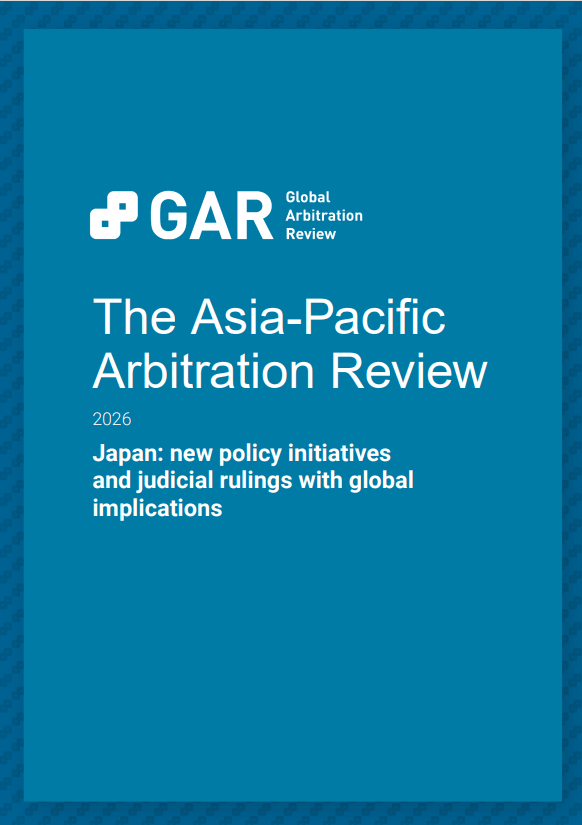

(May 2025)
Yoshimi Ohara, Shota Toda, Annia Hsu (Co-author)


Patricia O. Ko


Hiroki Tajima
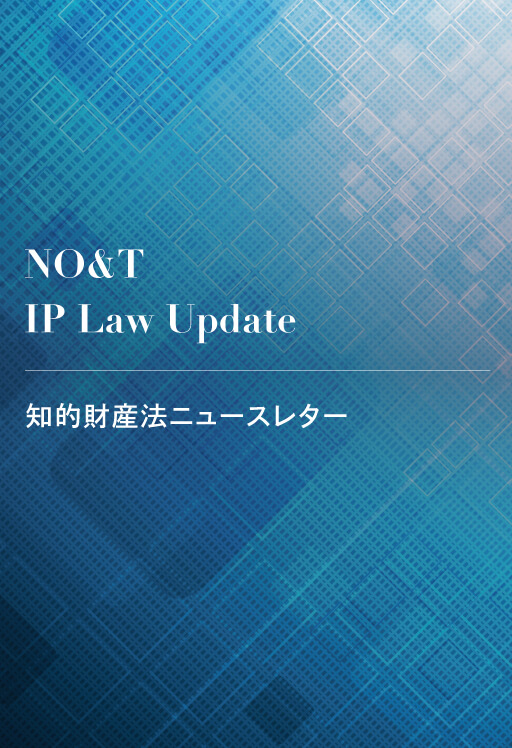

Kenji Tosaki, Takahito Hirayama (Co-author)


(May 2025)
Yoshimi Ohara, Shota Toda, Annia Hsu (Co-author)
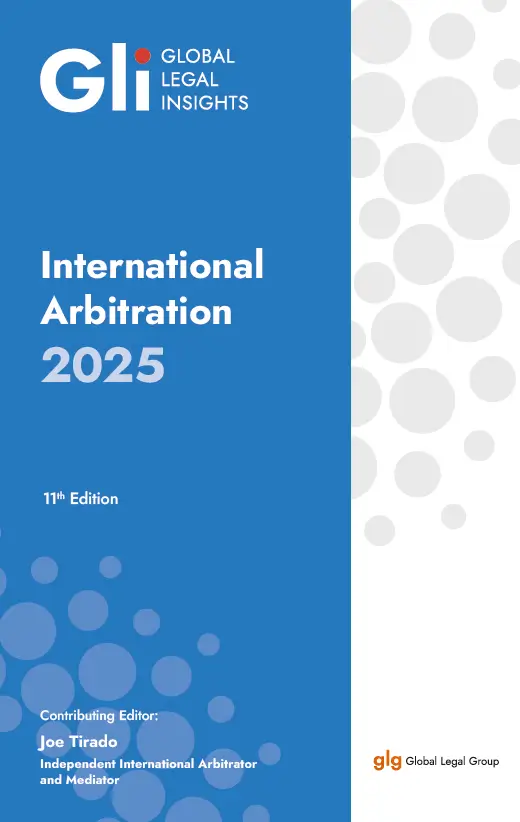

(April 2025)
Kaori Sugimoto, Shota Toda, Kennosuke Muro (Co-author)


Kara Quek, Kennosuke Muro (Co-author)
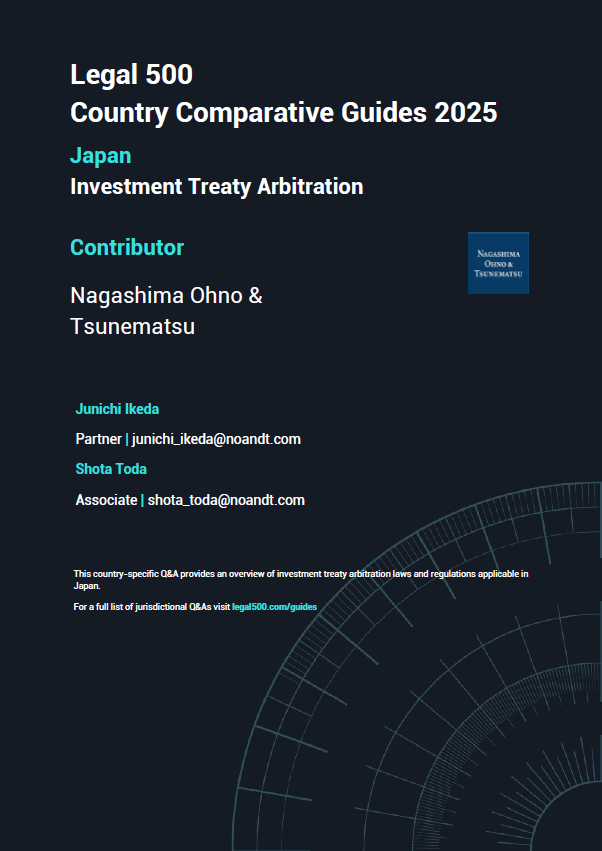

(March 2025)
Junichi Ikeda, Shota Toda (Co-author)


(March 2025)
Junichi Ikeda, Shota Toda (Co-author)
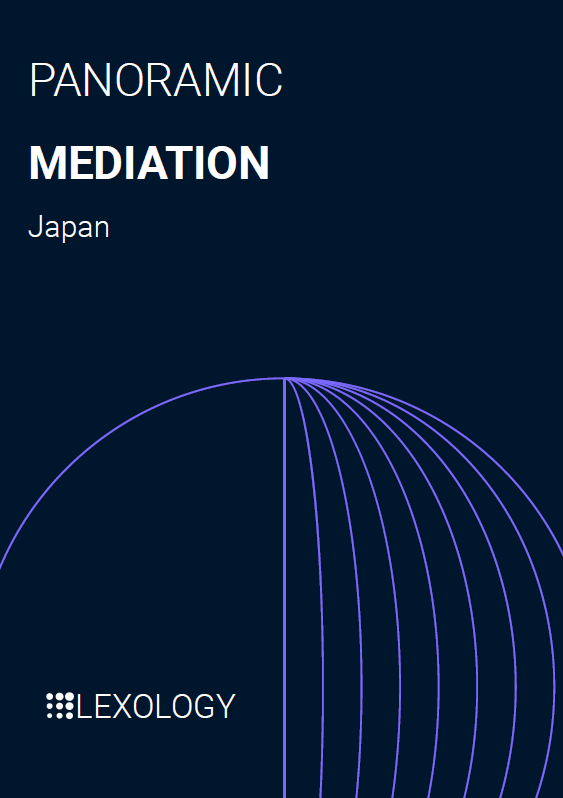

(October 2024)
Junichi Ikeda, Tomohiko Nabeshima, Akiko Inoue (Co-author)


(April 2024)
Shota Toda


Kaori Sugimoto


(February 2025)
Koki Yanagisawa, Hiroyuki Ebisawa (Co-author)


Kara Quek, Kennosuke Muro (Co-author)


Annia Hsu, Kennosuke Muro (Co-author)


Claire Chong, Kennosuke Muro (Co-author)


Patricia O. Ko


Ngoc Hoang


Yuan Yao Lee


Chattong Sunthorn-opas, Thunsinee Sungmongkol (Co-author)


Patricia O. Ko


Ngoc Hoang


Yuan Yao Lee


Chattong Sunthorn-opas, Thunsinee Sungmongkol (Co-author)


Kara Quek, Kennosuke Muro (Co-author)


Annia Hsu, Kennosuke Muro (Co-author)


Claire Chong, Kennosuke Muro (Co-author)


Bertrice Hsu, Yuji Ibaraki (Co-author)